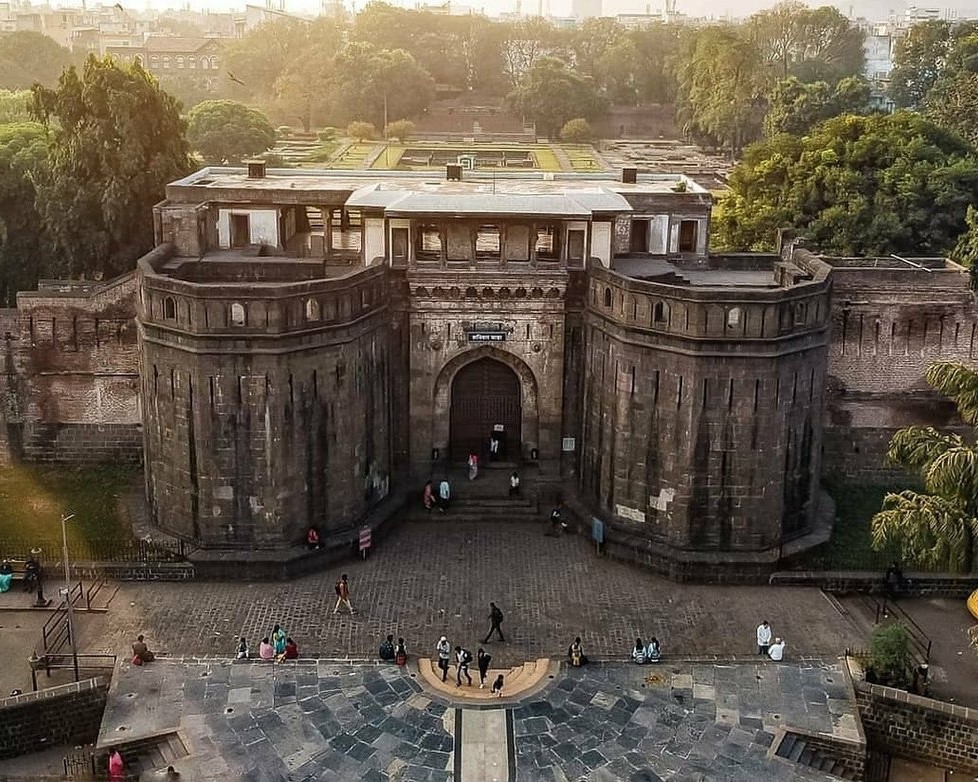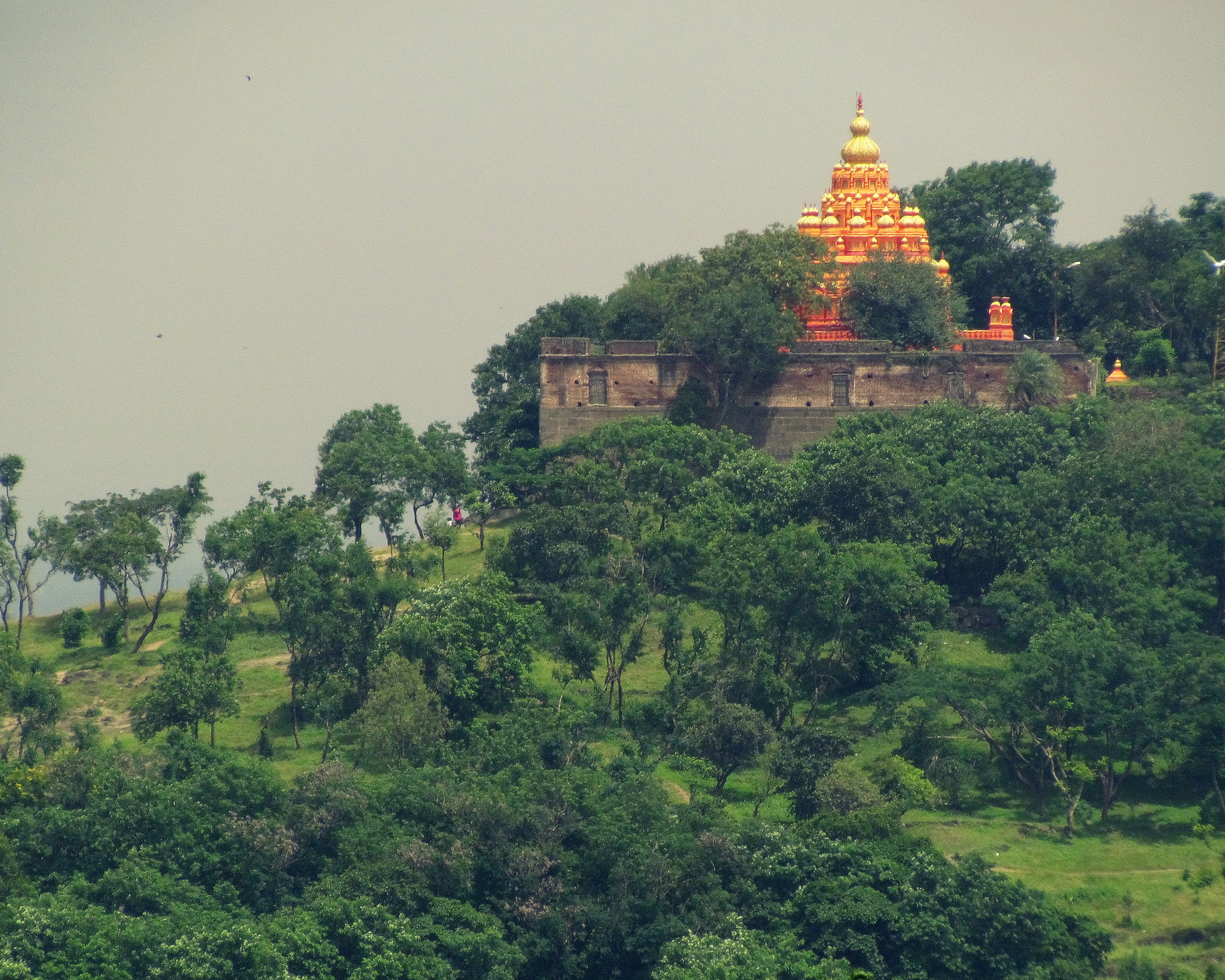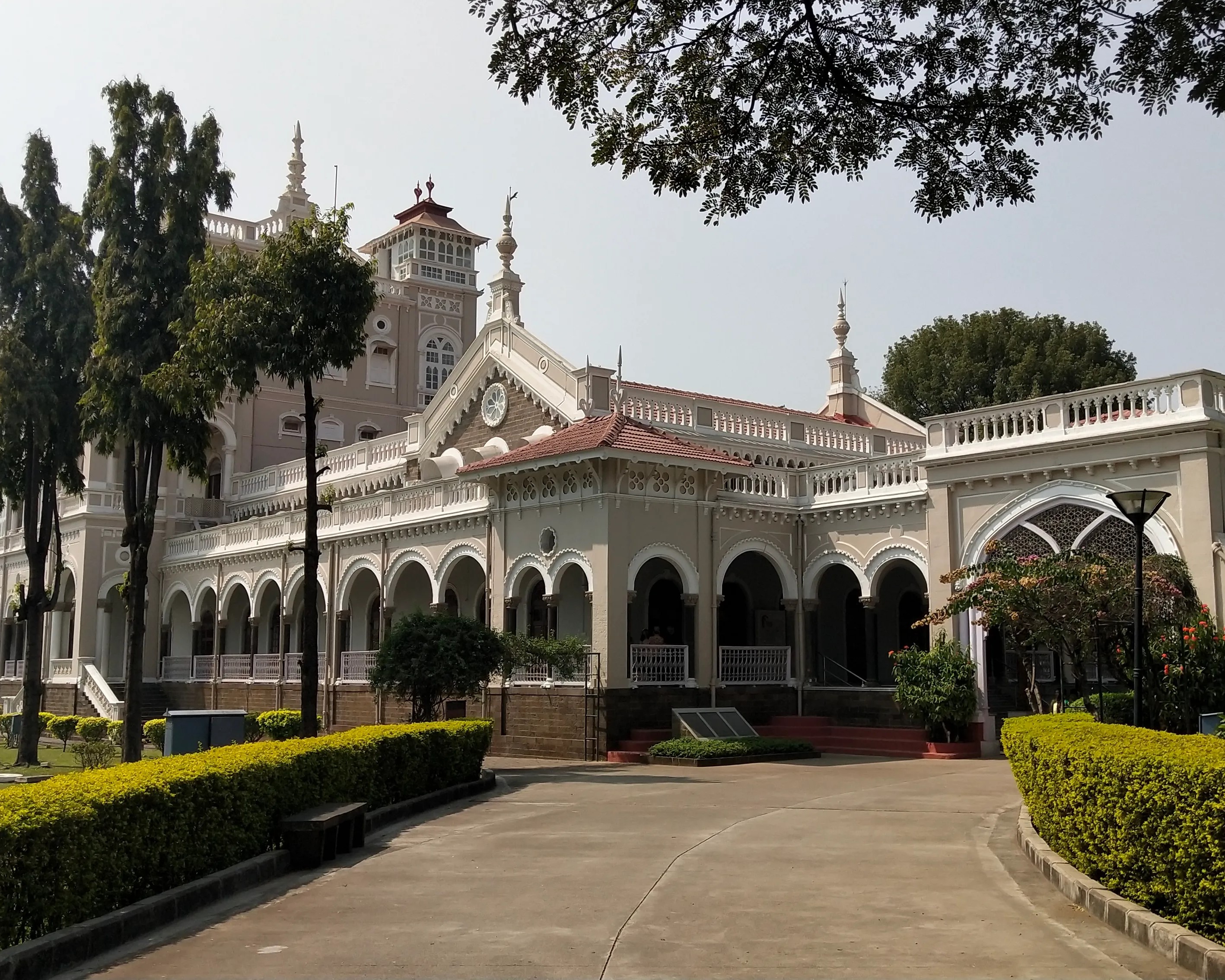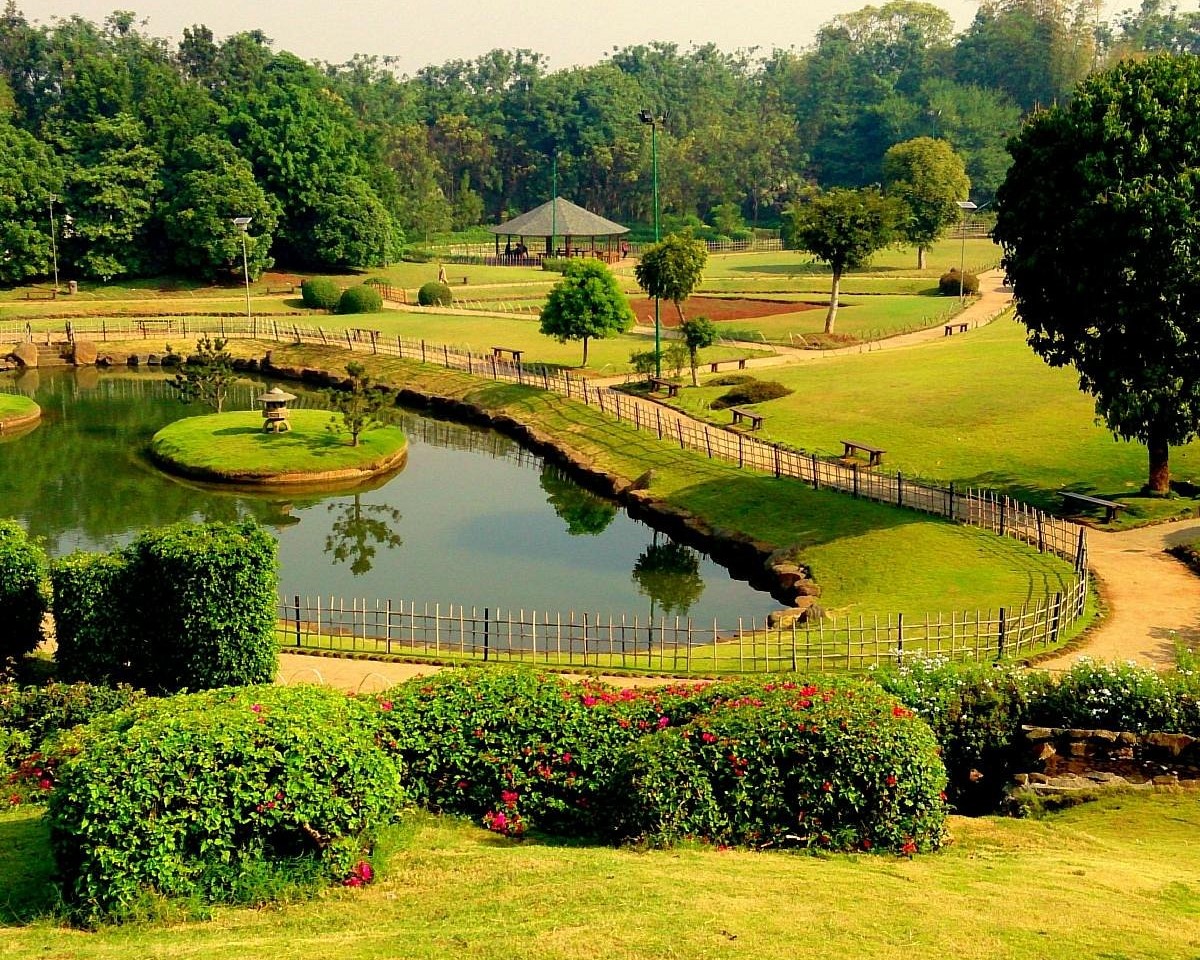
Places of Attraction
- Home
- Places of Attraction

Shaniwar Wada, built in 1732, was the seat of the Peshwas of the Maratha Empire. Known for its grand architecture and majestic gates, it remains a symbol of Pune's rich history. Despite much of it being destroyed by a fire in 1828, the fort’s central courtyard, gardens, and the iconic Nandi statue still captivate visitors. The evening light and sound show, narrating the Peshwas' legacy, adds to its allure, making it a must-visit for history lovers.
Sinhagad Fort, located atop a hill, offers stunning views and is a popular trekking destination. It played a crucial role in the 1670 Battle of Sinhagad and features rugged stone walls and historical remnants, including Tanaji Malusare's tomb. The trek provides scenic views of the Sahyadri mountains. Visitors can also enjoy local Maharashtrian food, like "pithla bhakri," served by vendors at the fort, adding to the experience.


Perched 2100 feet above sea level, Parvati Hill is a popular spot for nature lovers, trekkers, and devotees alike. Visitors climb 103 steps to offer prayers at the 17th-century temples built by the Peshwas. The hilltop offers stunning views of Pune, with temples dedicated to Lord Shiva, Lord Ganesh, Lord Vishnu, and Goddess Rukmini. The on-site museum showcases ancient Peshwa portraits, coins, weapons, and other artifacts, making it a must-visit for history enthusiasts.
The Aga Khan Palace, built in 1892, is a stunning historical landmark with beautiful Italian arches and sprawling gardens. It played a key role in India's history as Mahatma Gandhi and his associates were imprisoned here during the Quit India Movement. Now, the palace houses a museum displaying Gandhi's personal items, making it a must-visit for history enthusiasts. The serene gardens and majestic architecture offer a peaceful retreat and a great spot for photography.


The Pune-Okayama Friendship Garden, or Pu La Deshpande Udyan, is a serene Japanese garden symbolizing the bond between Pune and Okayama, Japan. Spanning 10 acres, it features water bodies, lush greenery, and traditional Japanese landscaping. Visitors can enjoy peaceful walks along its scenic pathways, charming bridges, and vibrant flowers. The garden also hosts cultural events promoting peace and friendship.